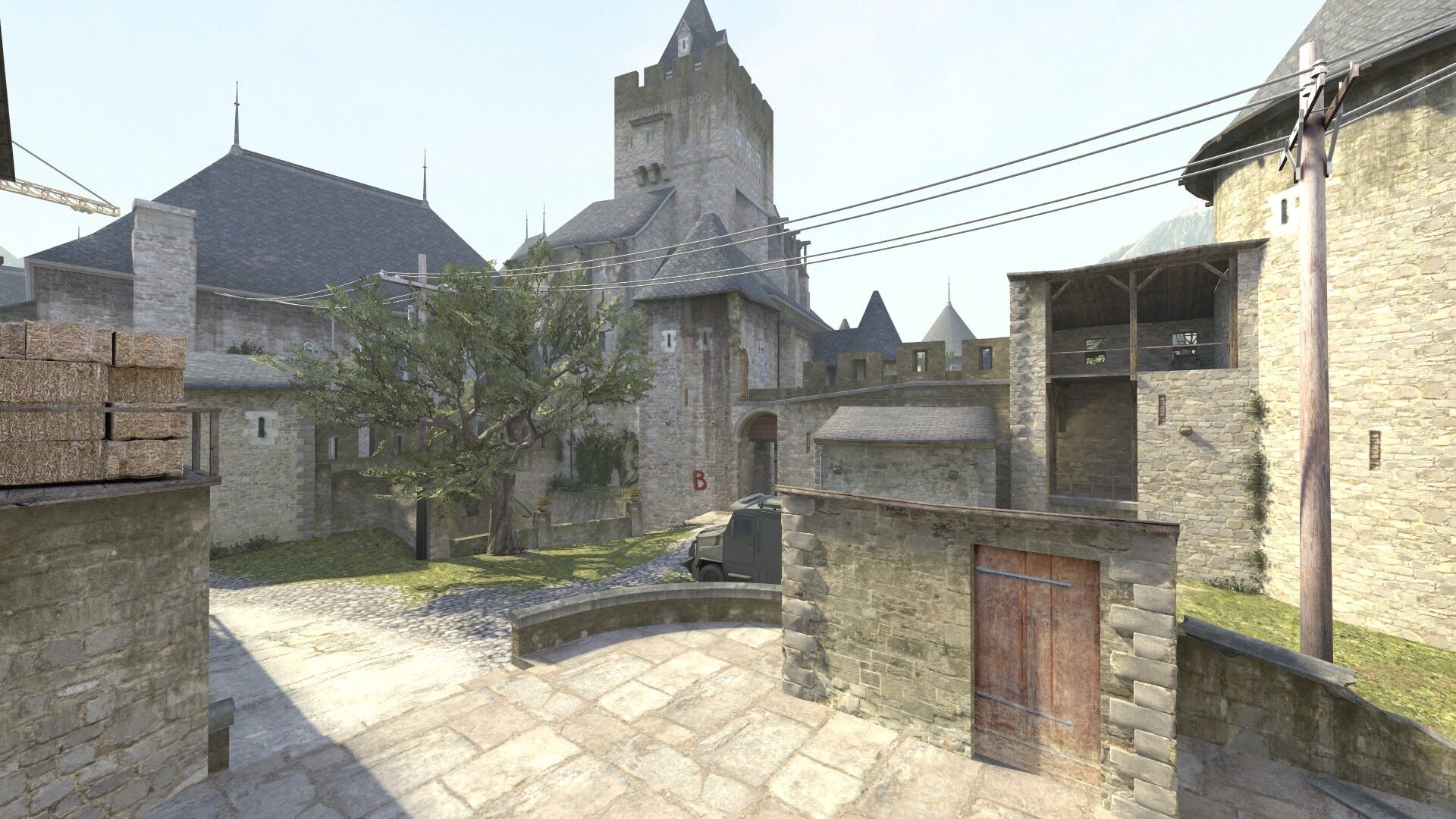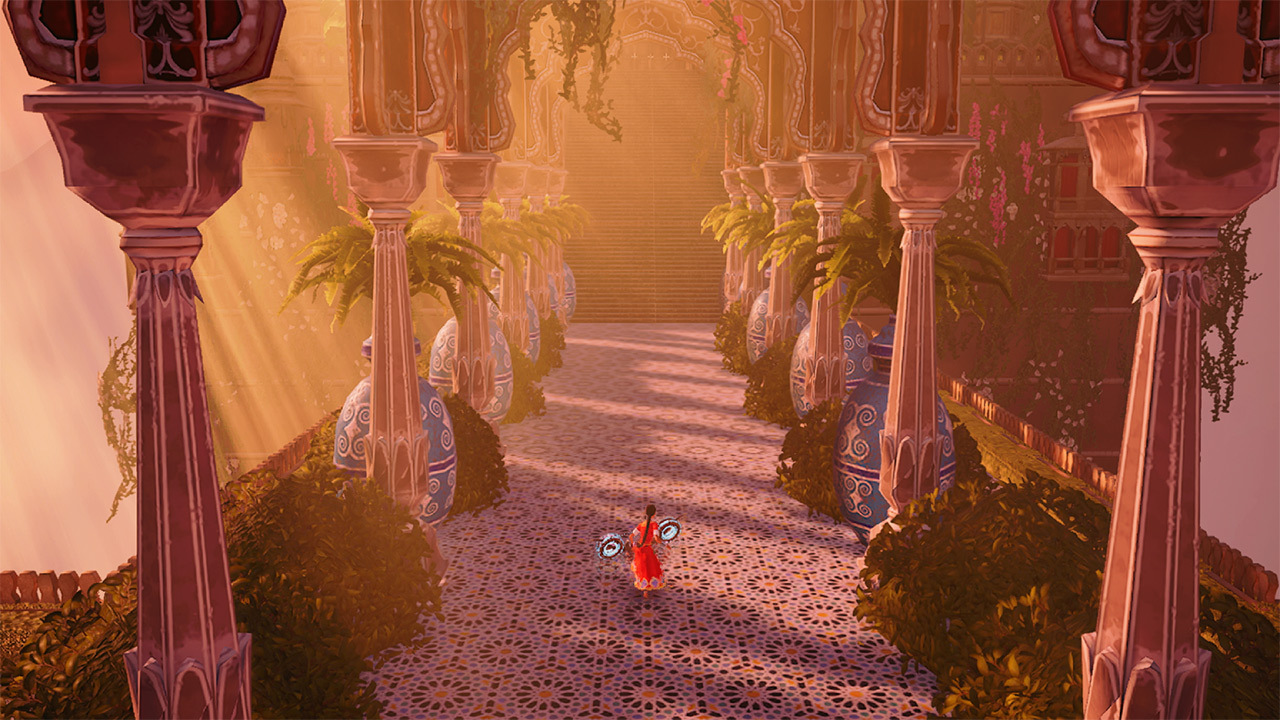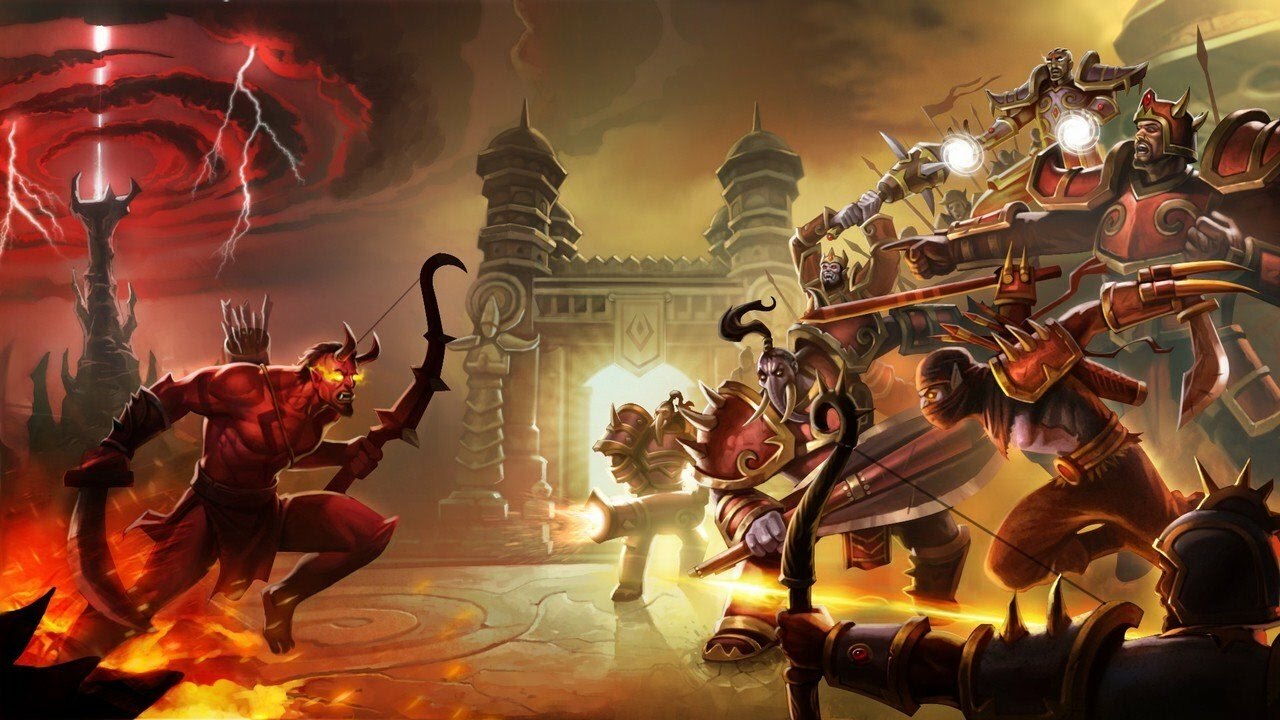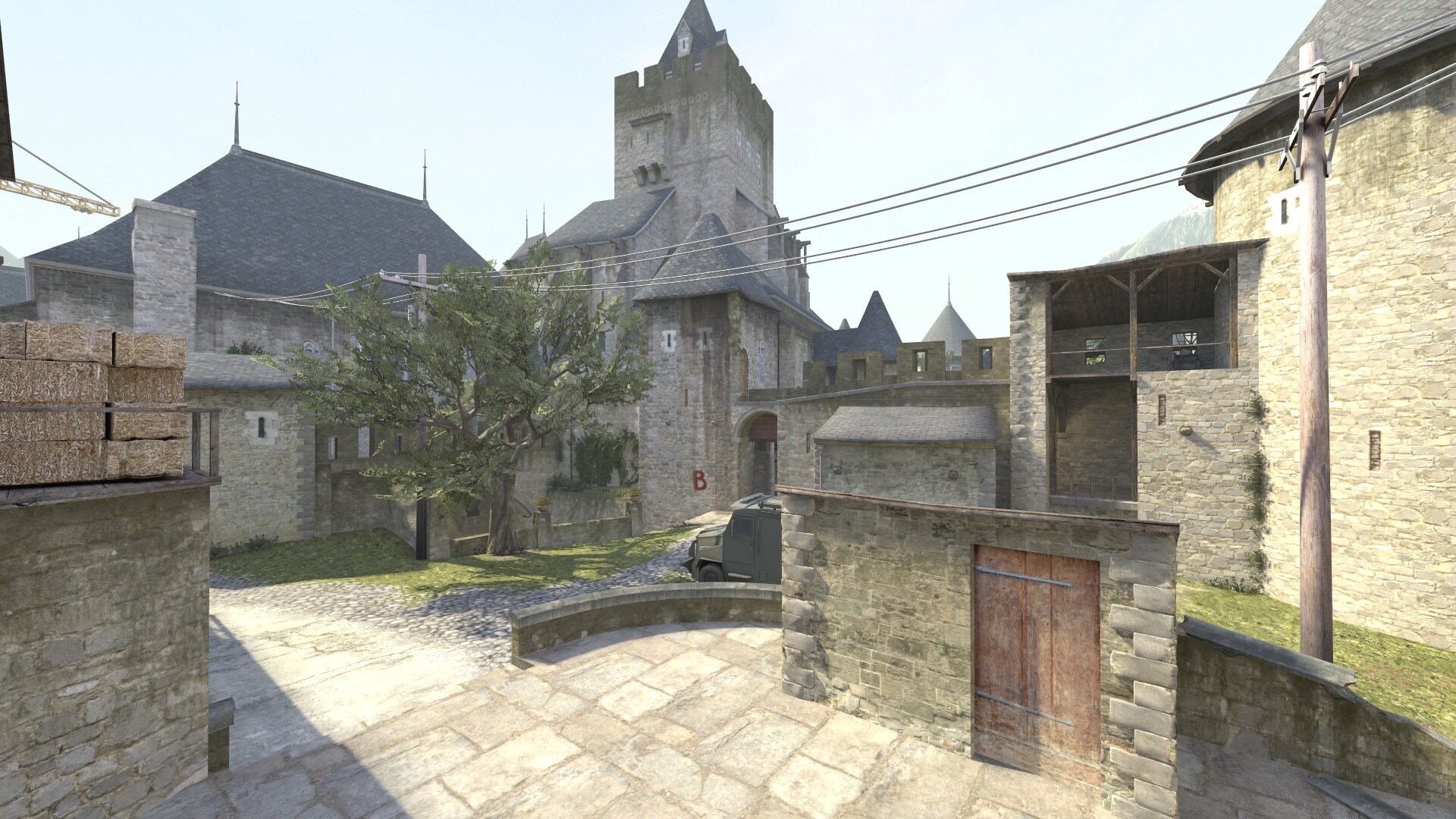Over one million signatures to protect digital gaming culture – but the European games industry association is putting up roadblocks. Why though?

The "Stop Killing Games" initiative hits a sore spot in today’s gaming world: More and more games simply disappear overnight when publishers stop supporting them or shut down servers. What used to be taken for granted – that a purchased game would still work in 10 or 20 years – is becoming increasingly rare.
Over one million people have signed a petition calling on the EU to require publishers to keep discontinued games accessible, or at least make it possible for fans or third parties to maintain them. The movement was launched by YouTuber Ross Scott, who has been fighting for the preservation of digital media for years.
The Industry’s Reaction: Blockade Instead Of Dialogue
Instead of working together to find solutions, the European games lobby is responding with rejection. The industry association Video Games Europe, which represents the economic interests of publishers in the EU, has now released a five-page statement – clearly rejecting the demands.
The main arguments:
- A legal obligation to keep servers online is economically unsustainable.
- It would hinder creativity if developers were forced to design games so they remain permanently playable offline.
- There could be security risks if old software remains accessible.
From the association’s perspective, protecting publishers’ economic interests takes priority over preserving the games themselves.
A Lobby Against The Players?
It’s important to understand: Video Games Europe is not an independent institution but a classic lobbying organization – much like an industry association in other sectors. The well-known PEGI age rating system also falls under its responsibility. So the perspective is clear: the focus is on the publishers, not the community.
To many gamers, this reasoning sounds like an excuse: No one expects every online game to be supported forever at the publisher’s expense. The point is to offer alternatives instead of deliberately rendering titles unplayable. There are plenty of examples: Ubisoft’s “The Crew” was recently shut down completely, even though it would have been technically possible to let players access it offline. Instead, buyers were left locked out – even though they once paid full price for the game.
Digital Products – But No Ownership?
This debate highlights a fundamental problem in today’s games industry: Modern gamers often don’t truly own their games, but merely buy a license that can expire at any time. This affects not only purely online games, but also titles with always-online DRM that is never removed.
Big publishers could easily set a positive example: If a game is no longer supported, they could release the server code or allow fan-run projects. Instead, legal threats often loom when fans try to revive an abandoned game themselves.
A Step Toward A Sustainable Gaming Culture
"Stop Killing Games" is calling for exactly this fairness: If a developer no longer wants to spend resources, others should have the chance to preserve the cultural asset. After all, games are now part of our digital heritage – just like films, books or music.
Against this backdrop, the association’s blockade looks like a backward attempt to cling to maximum control. Meanwhile, the community shows just how much will there is to preserve old titles: fan servers, mods and remaster projects have proven for years how important classic games are for generations of players.
Why The Initiative Remains Important
The decision by Video Games Europe to oppose “Stop Killing Games” sheds light on the industry’s priorities. It’s not about sustainability or cultural preservation but about economic interests and absolute control over intellectual property.
Whether this approach is future-proof is questionable. More and more gamers are asking themselves: Why should I pay full price for a game if there’s no guarantee I’ll be able to play it in ten years?
The initiative has brought this debate into the spotlight – and while the resistance is strong, the pressure on the industry is growing. Anyone who loves games wants to enjoy them not just today, but tomorrow too. And that’s the point: Stop Killing Games is more than just a petition. It’s a call to take digital gaming culture seriously – and not just switch it off for short-term profit.




























